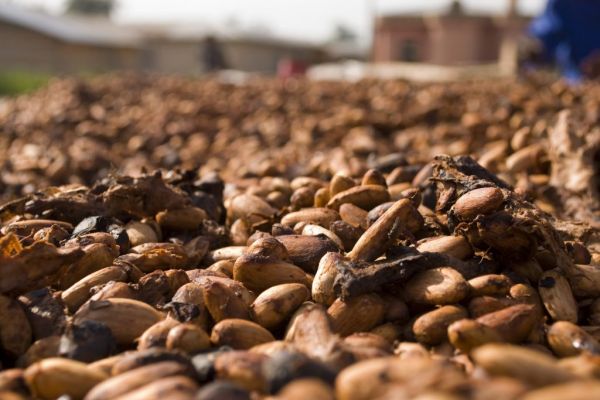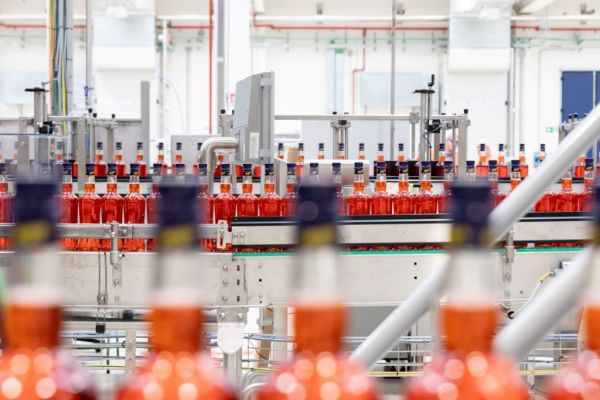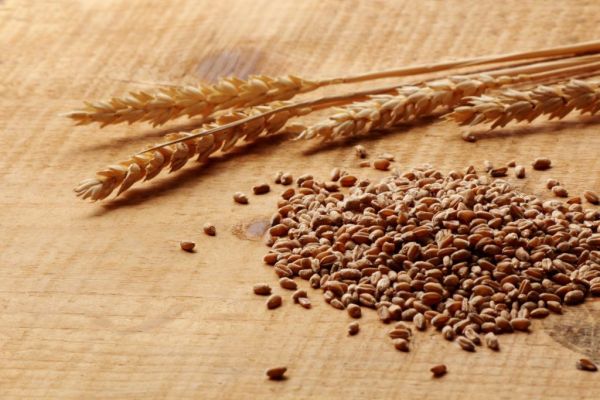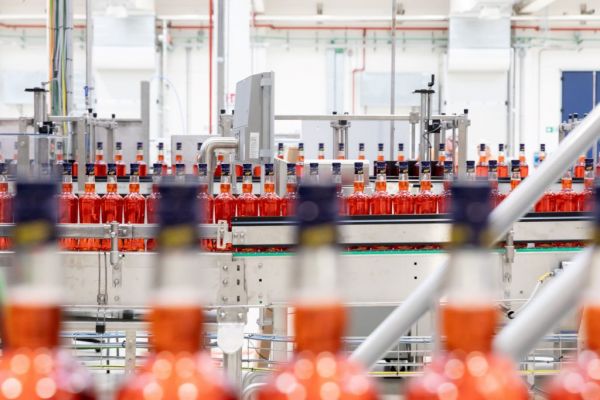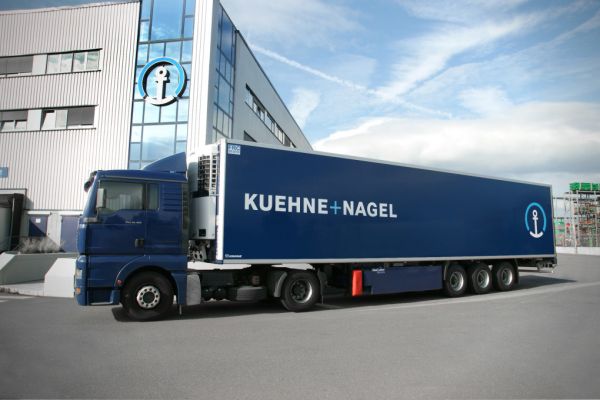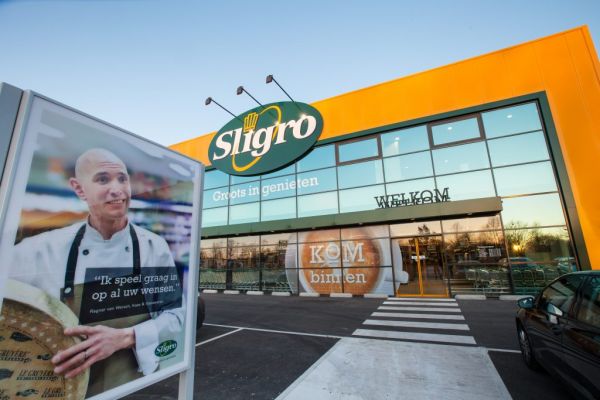Cocoa farmers and traders are at odds on the benefits of certification projects that offer premiums for beans with Cargill Inc. and Mars Inc. saying the programs are vital for the future of the industry.
Production will lag behind demand for several more years unless more farmers are attracted to the business, according to Jos de Loor, president of Cargill Cocoa & Chocolate. Nana Boamah, chief executive officer of Accra, Ghana-based Cocoa Merchants Co., said he can’t find a buyer for 2,800 metric tons of certified beans he can offer from farmers.
“Some farmers have made better cocoa but were unable to sell it because there’s not enough demand for certified beans,” Edward George, head of soft commodities research at Lome, Togo-based lender Ecobank Group, said in an interview at the World Cocoa Conference in Amsterdam this week. “They thought they would be able to put in the required effort and get a premium in return.”
Despite two years of shortages, prices haven’t risen enough to persuade many farmers to stick with cocoa while other crops pay more. Production will lag behind demand for a third consecutive year, Olam International Ltd., the Singapore-based commodity trader, forecast this week at the conference.
“There needs to be an incentive for farmers to embark on sustainability and that’s the certification premium,” de Loor said in an interview in Amsterdam on June 11. “If we want to be in the business in 15-20 years, we need to make sure that farmers are successful.”
Certified Premium
Certified cocoa carried a premium of 122 euros ($165) a ton last year, or about 7 percent of the average price on NYSE Liffe, according to UTZ Certified, founded in 2002 in Amsterdam. Cocoa prices rose 21 percent last year on NYSE Liffe and yesterday climbed to the highest since August 2011.
The shortage of beans will be 110,000 tons in the 2014-15 marketing year that starts in October, according to the median estimate of six traders in a Bloomberg survey. That’s up from a deficit of 50,000 tons in 2013-14, the survey showed.
Small farm size, land tenure, little or no access to credit and inconsistent government policies such as subsidies being available one year and not the next are challenging farmers, said Nicko Debenham, vice president of cocoa sustainability at Zurich-based Barry Callebaut AG, the world’s biggest maker of bulk chocolate. Cocoa farming requires twice the amount of labor time as rubber or palm, he said.
Seeking Buyer
“I’ve been looking for an off-taker and don’t seem to find one,” Boamah of Cocoa Merchants in Ghana said in interview at the cocoa conference this week. “All the people I’ve approached tell me they don’t have enough capacity.”
Cocoa farmers generally aren’t trained on how to market their certified cocoa and haven’t secured agreements with buyers before starting production, Ecobank’s George said.
“Certification is one of the biggest opportunities that the cocoa industry has of reaching farmers on a bigger scale to support cocoa production,” Andy Harner, vice president of global cocoa at Mars, said in an interview on June 11. “It’s a key tool in terms of delivering the technology and the productivity package to farmers.”
Mars, maker of M&M’s and Snickers, buys more than 30 percent of certified cocoa to make its chocolates and aims to use only certified beans by 2020, Harner said.
The amount of certified beans sold globally has increased five times since 2009 to about 500,000 tons, according to Mars. Global production will be 4.272 million tons this year, according to the International Cocoa Organization.
Cargill paid $25 million in certified cocoa premiums since 2011 and will spend another $15 million this year, de Loor said.
‘Early Stages’
“The demand for certified beans doesn’t match up with supply,” Mars’s Harner said. “That’s because we’re still in the early stages of growth in the certified market.” Mars estimates that two-thirds of all available certified cocoa is sold as certified.’’
Under a CocoaAction plan signed last month, the 12 biggest cocoa and chocolate companies vowed to provide improved planting material, training and community-development projects such as building schools to growers in Ivory Coast and Ghana, the largest producers of the beans.
These efforts to stimulate production may help avoid a potential boom-bust scenario if prices keep rising, according to Cargill’s de Loor.
‘Worst Thing’
“The worst thing that can happen is that we get a price explosion like in the 1970s because we’ll have consecutive deficit years in a row, and if the supply side is not able to respond to that in time, then demand rationing will need to do the trick,” he said.
“The boom in prices in the 1970s drew massive planting. After that, prices remained depressed for close to 25 years. There’s always something to learn from history.”
Ghanaian cocoa farmer Joseph Yaw Bosompem, 28, got involved in a certification program five years ago with Solidaridad, which started in 1969 by Catholic bishops and now supports responsible food production. Bosompem has 7 hectares (17 acres) of cocoa on the farm he inherited from his grandfather, and was able to get a loan from a microfinance institution to buy agrochemicals, with Solidaridad providing assurance that he got proper training on how to use the pesticides and fertilizers most efficiently.
“If I hadn’t been approached by Solidaridad five years ago, I would have abandoned cocoa for other crops or animal farming,” he said.
Bloomberg


